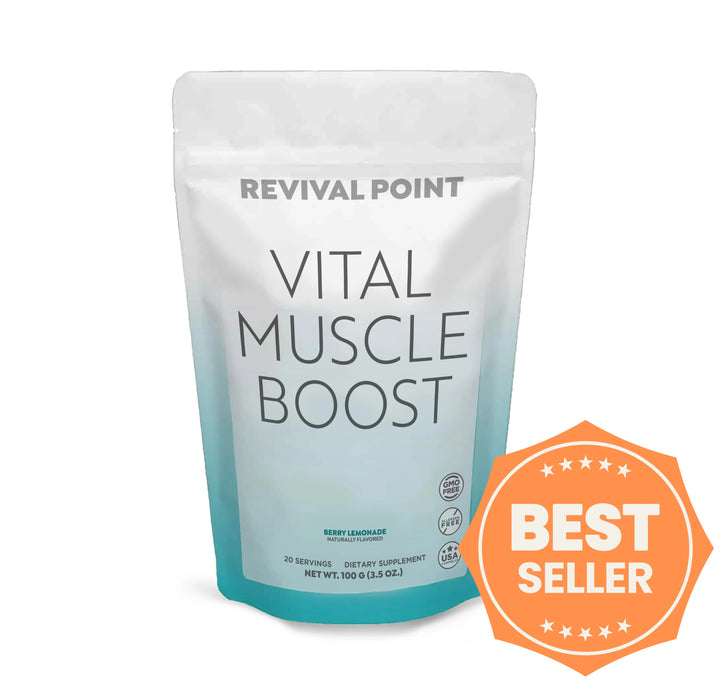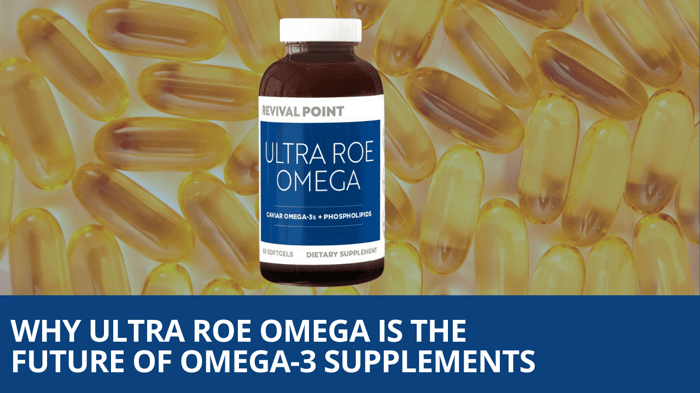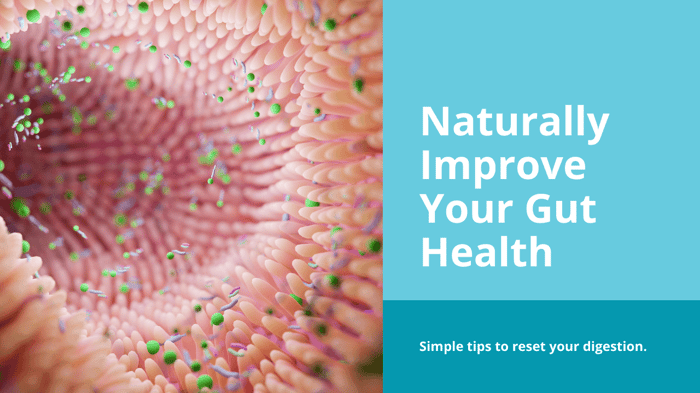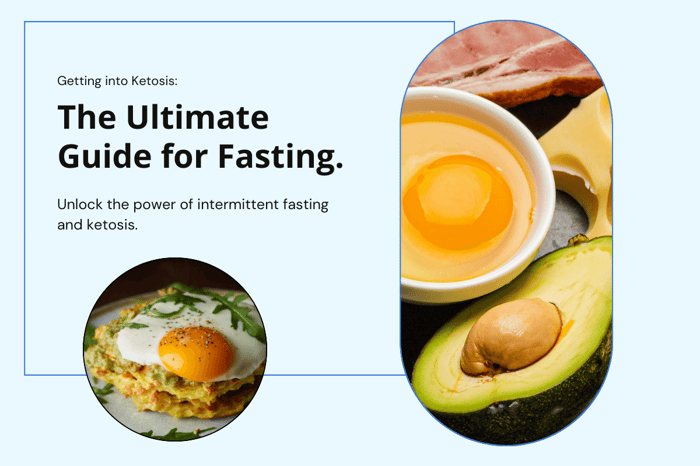Navigating health maintenance during menopause can be challenging. Despite efforts to maintain a balanced diet and regular exercise, many women experience weight gain. Understanding the causes is the first step in managing and reversing this trend.
The Metabolic Slowdown and Hormonal Shifts During Menopause
The transition into menopause is marked by significant shifts in a woman’s physiological and hormonal balance, directly influencing weight gain. Key among these changes are the modifications in the endocrine system, particularly the reduction of estrogen and progesterone. Estrogen plays a crucial role in weight management; as levels drop, women tend to experience an increase in visceral fat. This type of fat accumulation around the abdominal area is linked not only to aesthetics but also to potential health risks, including cardiovascular diseases.
The Specifics of Hormonal Changes
Estrogen's decline is correlated with a less efficient metabolic rate and can lead to a higher concentration of fat storage in the midsection. Moreover, with the reduction of estrogen, there is a notable impact on leptin and ghrelin – hormones responsible for hunger cues and satiety. As these hormones become unregulated, appetite increases, which can lead to higher calorie intake and weight gain. Another aspect is the increase in insulin resistance often seen in menopausal women, which can exacerbate weight gain and make losing weight more challenging.
Muscle Mass Reduction in Menopause
As for muscle mass, statistics indicate that women may lose up to 3% of their muscle strength each year after the age of 30, which can accelerate during menopause due to hormonal changes. The decline in muscle mass, or sarcopenia, contributes to a slower metabolism since muscle tissue burns more calories than fat tissue even at rest. This muscle loss, coupled with a decrease in physical activity that often accompanies aging, means fewer calories burned throughout the day, contributing further to weight gain.
Interested in supporting your muscle and bone health through menopause? Consider exploring Vital Muscle Boost, a supplement tailored to enhance strength and mobility with age. Its key ingredient, myHMB®, is designed to aid in maintaining muscle mass and stimulating metabolism, complementing your health regimen. Learn more about how Vital Muscle Boost can assist in your wellness journey.
Vital Muscle Boost HMB + Vitamin D - Supports Muscle Mass in Ageing individuals

$59.95
Vital Muscle Boost combines HMB with Vitamin D3 to promote muscle health throughout the aging process. Scientifically supported, HMB helps preserve muscle mass and protein levels, while Vitamin D enhances calcium metabolism to maintain stronger bones over time.Vital Muscle Boost… read more
Certain Medications Can Lead to Weight Gain
The influence of pharmaceuticals on weight gain is substantiated by research, with some medications being implicated in the alteration of gut microbiota balance. This disruption can lead to increased weight. For instance, a comprehensive study reported in the BMJ in 2018 observed that over a ten-year period, the use of antidepressants was associated with a heightened risk of weight gain. Such medications, as Pinkerton highlights, are often prescribed to women in menopause to manage mood swings due to hormonal changes. The alteration in gut microbiota caused by these medications is a potential pathway leading to this weight gain.
Learn how to restore the gut after taking antibiotics.
How To Combat Menopausal Weight Gain
To address these changes, strategies such as resistance training are recommended to increase muscle mass and, consequently, the metabolic rate. Hormone Replacement Therapy (HRT) has also been used to counteract some of the hormonal imbalances, although its benefits and risks must be carefully considered by a healthcare provider.
Adopting certain lifestyle changes can help manage weight post-menopause. These include strength training, dietary adjustments, and managing stress.
Strength Training
Engaging in strength training can help counter muscle loss and boost metabolism.
Vary Your Eating Style For Hormonal Balance
Adjusting your dietary approach and the types of foods you consume is essential for optimizing bodily adaptation. A ketogenic diet serves as the base of such an eating plan, yet it's important to regularly modify your nutritional regime. There are, in fact, various ketogenic methodologies to consider, including traditional low-carb keto, a carnivore-focused keto, a plant-based keto vegetarian approach, and a ketobiotic style that incorporates probiotic-rich foods.
Cycling through these different styles can be instrumental for enhancing the efficacy of intermittent fasting. Additionally, it is crucial to intersperse your routine with specific days dedicated to consuming foods that promote hormone synthesis—these "feast days" are not just beneficial but necessary to foster hormonal balance and healing.
Fortify Your Gut Microbiome for Hormonal Health
For women, a resilient gut microbiome is crucial for the effective metabolism of the reduced levels of estrogen produced during menopause. Be aware that your microbiome's health is susceptible to various factors, including dietary habits and general lifestyle. However, it's particularly sensitive to environmental toxins with the following tips:
Opt for Organic: Consuming organically produced foods is key in preventing the degradation of the gut's lining. Non-organic pesticides contribute to increased gut permeability, often referred to as "leaky gut." Select organic and mold-free options for daily consumables like coffee, exemplified by brands like Camano Island
Prioritize Pure Water: Investigate your tap water using resources like the Environmental Working Group, which has identified over 250 potential contaminants in municipal water supplies. Implementing a water filtration system is essential for removing impurities. Steer clear of bottled water to minimize plastic exposure, and explore recommended water filters in the HOME section of my curated shop.
Choose Clean Personal Care: The substances in conventional beauty and personal care items, including shampoos, soaps, toothpaste, and deodorants, are directly absorbed into the body. Opt for chemical-free options.
Select Safer Cleaning Supplies: Common household cleaners contain chemicals that can disrupt your microbiome. Instead, choose alternatives like Branch Basics for a versatile solution suitable for both cleaning and laundry needs.
Learn how to find the best probiotic for women over 50
Stress Management
Implementing stress management techniques can help prevent central weight gain.
Importance of Sleep
Ensuring adequate sleep is essential, as it affects hunger-regulating hormones and can impact weight.
Embracing Age with Confidence and Health
Age brings wisdom and experience. With the right strategies, managing weight post-menopause is achievable, contributing to a healthy and fulfilling life.
Top Tip for Menopausal Weight Management
Prioritizing sleep is paramount for weight management, as it aids in hormone regulation and fat burning during the night.



